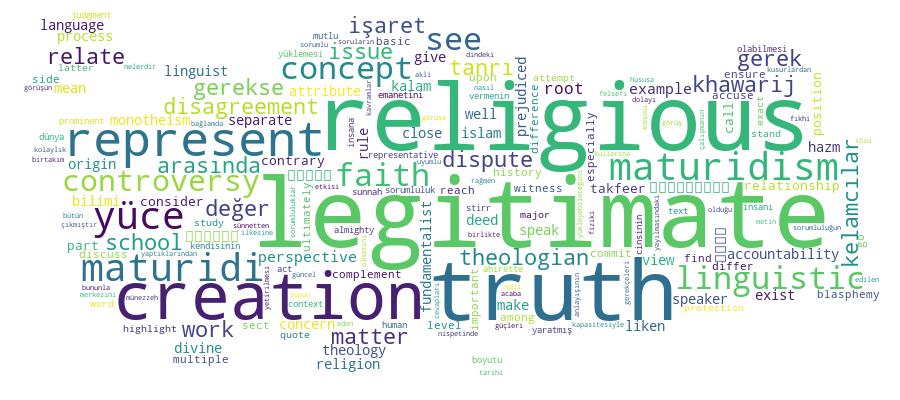Alkhattaf, Hasan
Loading...

Profile URL
Name Variants
ALKHATTAF, Hasan
el-Hattaf, Hasan
el-Hattaf, Hasan
Job Title
Doç. Dr.
Email Address
Main Affiliation
Department of Basic Islamic Sciences / Temel İslam Bilimleri Bölümü
Status
Former Staff
Website
ORCID ID
Scopus Author ID
Turkish CoHE Profile ID
Google Scholar ID
WoS Researcher ID
Sustainable Development Goals
SDG data is not available

This researcher does not have a Scopus ID.

This researcher does not have a WoS ID.

Scholarly Output
4
Articles
4
Views / Downloads
18/396
Supervised MSc Theses
0
Supervised PhD Theses
0
WoS Citation Count
0
Scopus Citation Count
0
WoS h-index
0
Scopus h-index
0
Patents
0
Projects
0
WoS Citations per Publication
0.00
Scopus Citations per Publication
0.00
Open Access Source
3
Supervised Theses
0
Google Analytics Visitor Traffic
| Journal | Count |
|---|---|
| Artuklu Akademi | 1 |
| İlahiyat Tetkikleri Dergisi | 1 |
| ILAHIYAT TETKIKLERI DERGISI-JOURNAL OF ILAHIYAT RESEARCHES | 1 |
| İstanbul Üniversitesi İlahiyat Fakültesi Dergisi | 1 |
Current Page: 1 / 1
Competency Cloud


